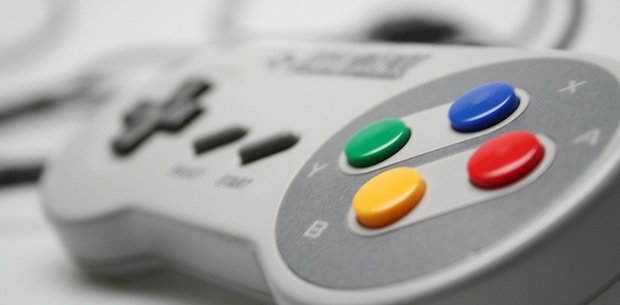
Yoichi Wada is the president and CEO of Square Enix. Square Enix is a very big video game developer and publisher, responsible for games like Final Fantasy, Dragon Quest, and Kingdom Hearts. Hence, his words mean an awful lot. His latest words: console gaming, as we know it today, has only a few years left in it. The future? It’s all about the network, baby!~
The background: Yoichi Wada gave an interview to MCV, a British publication. Good on him. It’s not exactly a wide-ranging interview, instead strictly focusing on the future of video games. Considering his job title, you’d have to assume he knows what he’s talking about.
The big points: physical media (DVD-based games and the like) has no future, so you’d better be cool with things like Xbox Live, PSN, or Steam; 2005 will be seen as the year that everything changed, when console manufacturers changed their mentality from being primarily hardware/console-based to network-based (Xbox Live and eventually~! PSN); Final Fantasy XIV, which is an MMO, may well be more important for Square Enix than Final Fantasy XIII since it’s part of the “new wave” of online, social games.
OK!
Now that that’s out of that way, well, yeah, Wada is 100 percent correct. Console gaming, as we know it, or even used to know it, will die either with this generation or the next. Think of your Xbox 360 and PS3: they’re basically low-end PCs, especially in the 360’s case. (Though I think it’s safe to say that the PS3 has some life left in it, it’s just going to take someone with a lot of money to actually develop a game from the ground up for the system. I’m thinking God of War III will be that game.) Microsoft is most up-front about this: play with Twitter or Facebook! Watch Zune movies! Have a party with your friends! Oh, also, it can play video games, too!
The Xbox 360 came out four years ago. If it weren’t for Xbox Live, or the constant updates the system has seen via software updates (the NXE, Netflix streaming, Twitter/Facebook, etc.), we’d be clamoring for info about the next Xbox already. When was the last time you read so much as a thinly sourced rumor about the next Xbox?
In other words, we’re going to be with the current generation of consoles for a little while, which speaks to Wadas’ point: from 2005, the network matters just as much, if not more so, than the consoles themselves.
(Incidentally, I’m currently in the process of building a gaming/new main PC to replace a 3-year-old iMac for this very reason: why should I play Team Fortress 2 with, what, 15 other people on Xbox Live (versus the several thousand on the PC version), or play Fallout 3 with no access to mods?. I just bought this monitor, and will be adding components as the weeks go by. Any tips (GPUs, CPUs, motherboards, etc) would be greatly appreciated.)
And then there’s casual games! Not everyone has the time required to play “hardcore” games like Fallout 3 or Dragon Quest, so why not fire up a round of Wii Sports, kill off some steam, then go about your business? Needless to say, game publishers make a nice chunk of change on these “simple” games, being that they cost so little to develop, making them fairly important for the bottom line.
If you want to get crazy, then you can think of things like the OTOY and OnLive and Spawn Labs, which promise, to varying degrees, HD-level games over a broadband connection. How well that actually turns out in the real world, who knows, but you can be guys like Wada are paying attention.
I don’t know, this is all over the place. The gist of it is this: we need to recognize that game consoles are little more than dumbed down, low spec PCs. That’s not an insult, of course, just a statement on their underlying technology. Soon, if not already, it’s going to be less about the number of gigaflops the system can process than wether or not you can play Fun Simulator 2 with 87 of your Twitter friends.
You know what I mean, right? I don’t know, too much apple pie yesterday~!